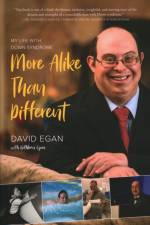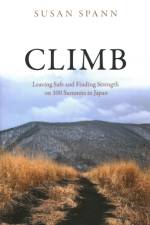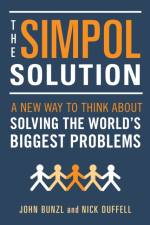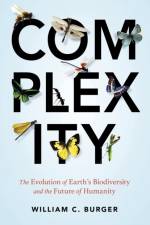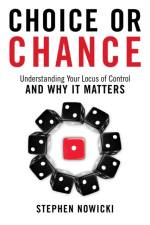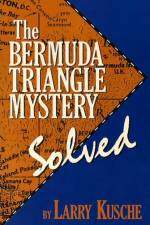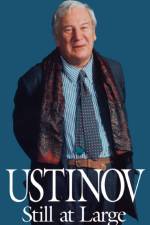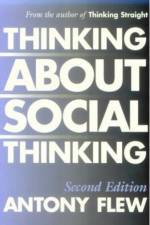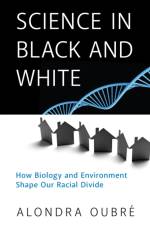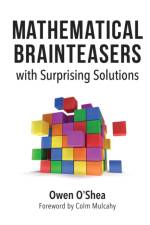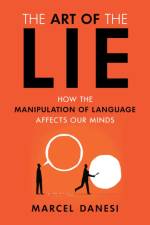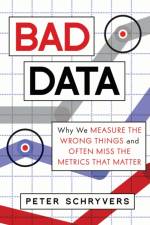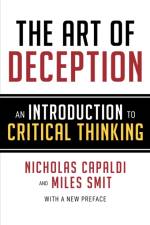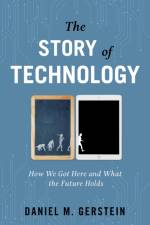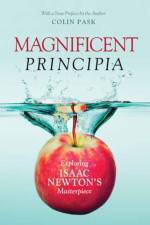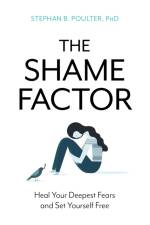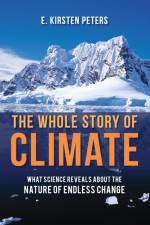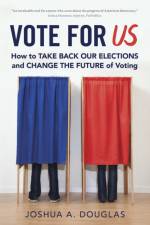- How Biology and Environment Shape Our Racial Divide
av Alondra Oubre
281
This unflinching expose of racially biased research--the Alt-Right''s "scientific wing"--debunks both old and emerging claims of inborn racial disparities.Racial groups differ in some of their social patterns, but the cause of those differences--nature versus nurture, or genetics versus environment-- remains fiercely debated. For the pro-nature camp-- sometimes aligned with white nationalism and eugenics, and often used to promote ideas of racial inferiority and superiority -- race-based biological determinism contributes significantly to the ethnic divide, especially the black/white gap in societal achievement. By contrast, pro-nurture supporters attribute ethnic variation in social outcomes primarily to environmental circumstances, ecological conditions, and personal experience. In this thoroughly researched book, science writer Alondra Oubre examines emerging scientific discoveries that show how both biology and environment interact to influence IQ--intelligence performance--and social behaviors across continental populations, or human races. She presents compelling evidence for why environmental and certain non-DNA-related biological phenomena overall seem to best explain black/white disparities in a gamut of social behaviors, including family structure, parenting, educational attainment, and rates of violent crime. As she demonstrates, nature still matters, but the biology that impacts racial variance in social behaviors extends beyond genetics to include other processes--epigenetics, gene expression, and plasticity--all of which are profoundly affected by a wide array of environmental forces. The complex, synergistic interplay of these factors combined, rather than just genes or just environment, appears to account for black/white divergence in a gamut of social behaviors.




